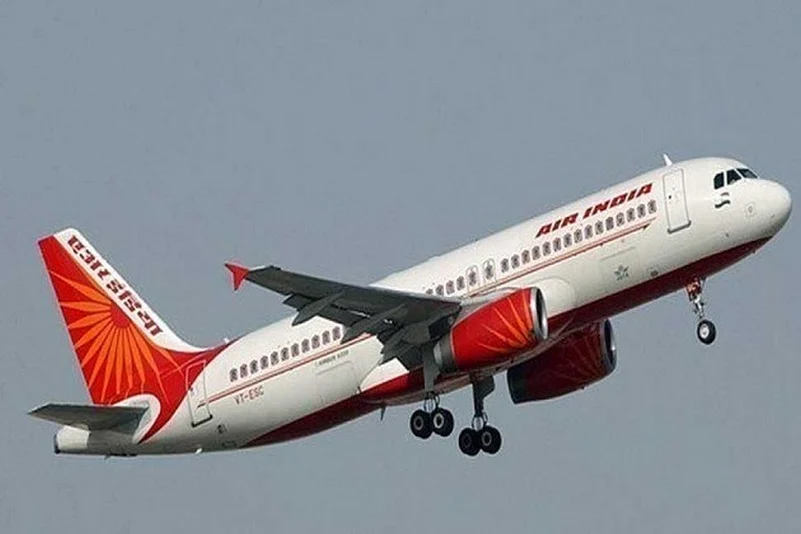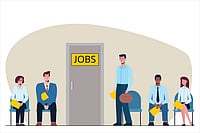When Go First filed for voluntary insolvency proceedings on May 2, it sent panic waves across the airline’s workforce. Faced with the uncertainty of job loss, many pilots at the airline decided it was time to jump ships and look for opportunities at Go First’s competitors.
For Air India, which holds close to 9 per cent share in the domestic aviation mark, the timing of Go First’s insolvency scare could not have been better. The airline had published advertisements for mass hiring of pilots just five days prior and was also facing a threat of “industrial unrest” from a large section of its pilots. Go First’s moment of trouble helped Air India take down two birds with a single shot.
On 27 April, Air India declared its intent to hire over 1,000 pilots, in line with its ambitious fleet expansion strategy. The Tata-owned airline had already placed orders for 470 aircraft from Airbus and Boeing earlier this year. However, some Air India pilots, who do not wish to be named, claim that there was another reason behind the advertisement. Their allegations are around the timing of the advertisement. They point out that the advertisement came at a time when the Air India management and its pilots were locked in a conflict over the revised terms of compensation that was recently introduced in April.
“The mass hiring advertisement was brought out to strike fear into the pilots’ unions. It was the management’s way of causing a fear psychosis and making the pilots agree to the unjust new terms,” a senior pilot tells Outlook Business on condition of anonymity.
The management’s supposed strategy worked better than anybody would have anticipated, thanks to the financial trouble faced by its competitor Go First. With many of Go First’s flights getting cancelled, and the possibility of the airline going belly up, there was an exodus of pilots from the beleaguered airline. This filled up the queues at Air India’s walk-in interview for pilots that was going on at the same time. In fact, the rush was so much that Air India even had to extend its interview by a day in Gurgaon to give an opportunity to the large number of pilots who wished to depart from Go First.
A large section of pilots, represented by Indian Commercial Pilots Association (ICPA) and Indian Pilots Guild (IPG), argued that the revised terms will give arbitrary powers to the management while taking away the pilots’ right to take part in union activities. The two pilots’ unions asked its members to not sign on the revised terms and asked the management to reconsider the new terms. Together, the two unions claim to represent 60-65 per cent of the pilots at Air India.
However, the management doubled down on its stand and stated that there are no recognised unions in Air India. Sources say that this effectively meant that the management was trying to downplay the threat of “industrial unrest” issued by the unions.
As Go First’s crisis turned into a good opportunity for Air India, on 4 May, a spokesperson for the Tata-owned airline said, “Air India has received overwhelming response to its recruitment advertisement for pilots released late last week. We have already received over 700 applications in the last few days as response to the advertisement which is under process.” This gave more credibility to the management’s alleged scare tactic, as members of the pilots’ unions now feared that an influx of new pilots would dilute the unions’ existing power.
On the very same day, the two pilots’ unions at Air India attended an important Townhall meeting that was presided over by R.S. Sandhu, Air India’s chief of operations (COO). In this meeting, he reportedly assured the dissenting pilots that the revised terms won’t be used by the management to harm the pilots’ interests, in any way.
Consequently, both the pilots’ unions withdrew their objections to the revised terms on 11 May. Although the unions credit the 4 May meeting with Sandhu as the reason behind their change of mind, several pilots at Air India, on conditions of anonymity, attribute the change to the fear caused by Go First crisis.
“In such an uncertain, fast changing industry, we have to take care of our livelihood at the end of the day. The management may have bluffed with the advertisement, but the Go First issue made things tricky,” says an Air India pilot mentioned above.































